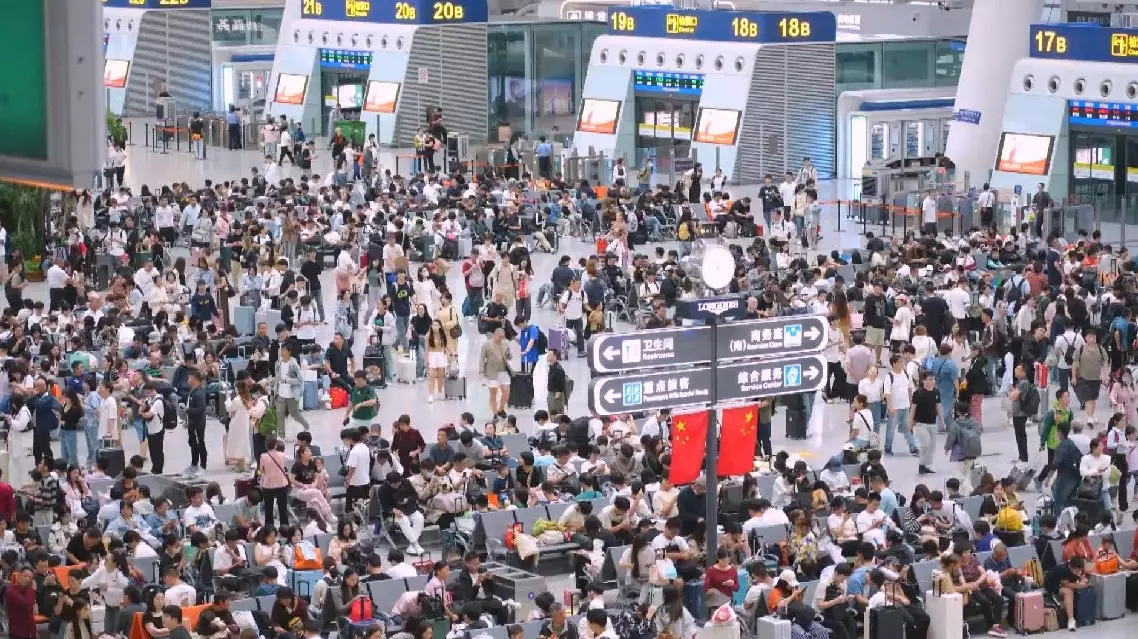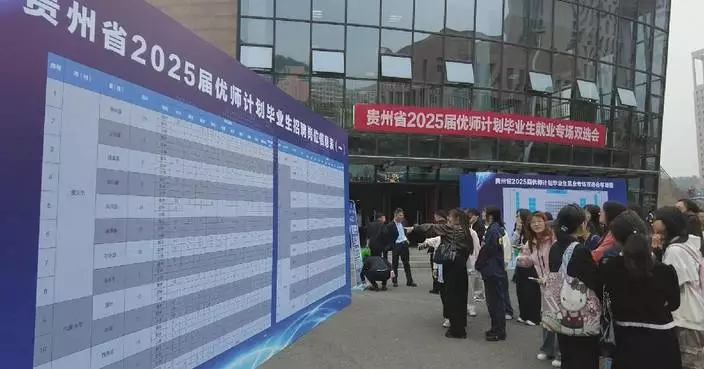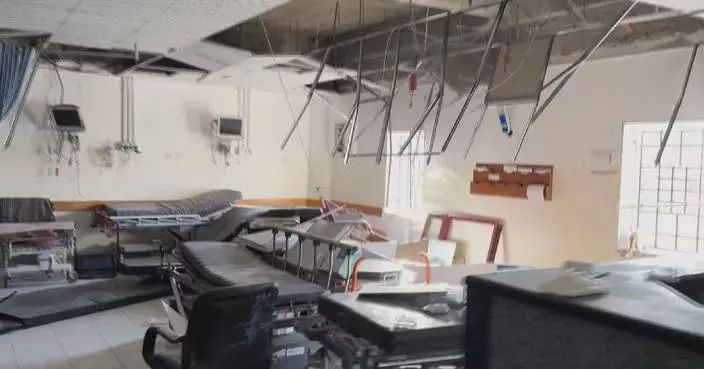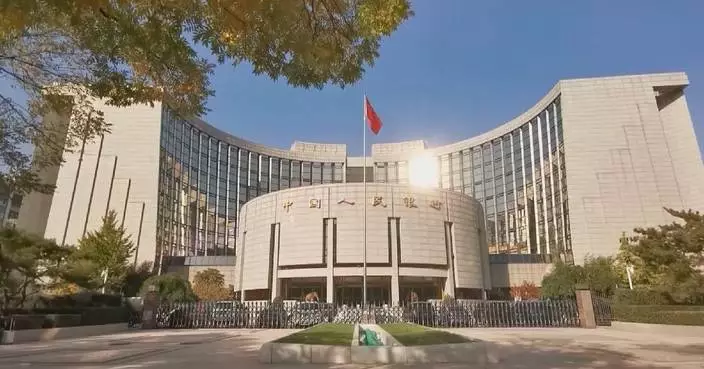As the week-long National Day holiday entered its fifth day on Saturday, many holidaymakers across China have embarked on return trips by train, car and air, bringing holiday traffic flow to another peak.
Data from the Ministry of Transport showed that China is expected to deliver over 284 million cross-regional trips on Friday, with more than 17.95 million trips made by railway.
Since the beginning of the holiday travel rush on Sept. 29, the national railway network has already transported over 100 million passenger trips, with daily passenger flow consistently exceeding 17 million trips.
As the return passenger flow gradually increased starting Saturday, regional departments across the country have enhanced efforts to ensure transportation services during the period.
Expressways continued to see dense traffic across the country, especially in the metropolises of Shanghai and Guangdong Province's Guangzhou, as well as Changsha City of central China's Hunan Province and Suzhou City, east China's Jiangsu Province.
Meanwhile, the country's civil aviation sector is expected to transport more than 2.32 million passengers on the same day, up over 5 percent compared with the previous day.

China sees peak return trips as National Day holiday winds down
Various celebrations are being staged across China in anticipation of the fast-approaching New Year's Day and the upcoming Chinese New Year holiday, or Spring Festival, boosting the market for related goods as more revelers get into the festive spirit.
In Beijing, more than 1,000 lanterns themed around fashion and technology are offering a colorful display in the city's Wenyuhe Park, making it one of the largest lantern festivals in the city this year.
In Shanghai, business districts have launched a series of themed decorations, exhibitions, performances, and interactive activities. Local authorities have also distributed consumption coupons, further stimulating consumer spending during the New Year's Day holiday, which falls on Wednesday.
In the nearby city of Hangzhou in the eastern Zhejiang Province, several promotional activities have been introduced to boost consumption. Additionally, business areas and shopping streets have been upgraded to meet the consumer demand for high-quality goods.
Special Spring Festival fairs have also been set up across the country as Chinese people gear up for their largest annual celebration around the Chinese New Year, which lands at the end of January in 2025.
In Huaiyuan County of east China's Anhui Province, a local fair is attracting visitors with a variety of well-known agricultural products. In Zhangzhou City of the coastal Fujian Province, a one-stop feature fair allows both visitors and locals to purchase a wide range of items.
Meanwhile, in northeast China's Jilin Province, local authorities in the city of Ji'an have sought to take advantage of the snowy conditions by integrating winter sports, offering visitors the chance to enjoy a range of snow and ice activities while shopping for Spring Festival goods.
Additionally, flowers are in high demand at many marketplaces across China as more people look to prepare some floral decorations as part of the celebrations.
In Kunming of southwest China's Yunnan Province, a special flower street featuring Chinese New Year flowers has been set up, where over 15,000 flowers are available, including more than 120 varieties of orchids.
Local flower markets area also in full bloom in various other places, from the northern cities of Shijiazhuang and Taiyuan to Hetian in northwest China's Xinjiang Uygur Autonomous Region, all offering a wide variety of creative and unique flowers, which have been well received by residents.

New Year celebrations help boost market for festive goods










